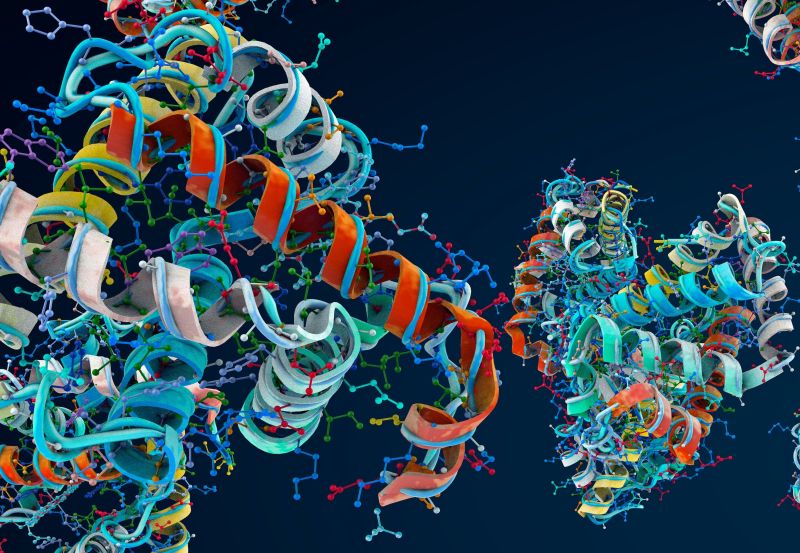Researchers at the Centre for Targeted Protein Degradation (CeTPD) at the University of Dundee have made a significant breakthrough in drug development. Collaborating with Dr. Georg Winter’s team at the Research Center for Molecular Medicine (CEMM) of the Austrian Academy of Sciences in Vienna, they have identified a new class of molecular glue with the potential to revolutionize the treatment of cancers and neurodegenerative diseases. Their findings, published in the prestigious journal Nature under the title “Targeted protein degradation via intramolecular bivalent glues,” shed light on a promising approach called targeted protein degradation.
Unlike traditional methods, which rely on the interaction between an E3 ubiquitin ligase and a target protein, this novel molecular glue works by binding to two different sites on the same protein. This unique mechanism effectively bridges the gap between two proteins, offering new possibilities for drug development.
Dr. Alessio Ciulli, director of CeTPD, expressed excitement about the discovery, stating, “This breakthrough represents a significant advancement in targeted protein degradation. By targeting proteins in this innovative way, we hope to develop new therapies for cancer and other diseases.”
The research team collaborated with partners at CEMM, Goethe University of Frankfurt, and Eisai to uncover this novel mechanism. Their findings have the potential to transform drug discovery and open up new treatment options for a wide range of diseases.
Overall, this research offers hope for the development of more effective drugs and provides new insights into the treatment of various conditions.















































